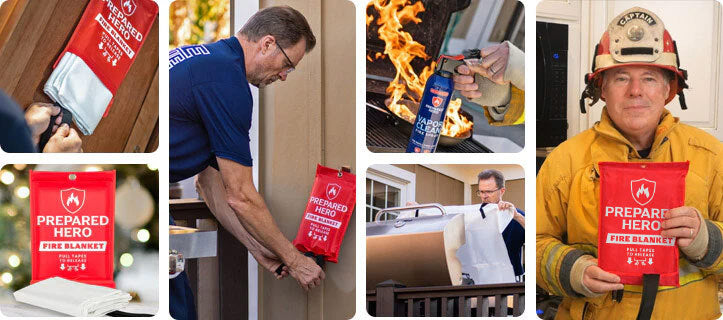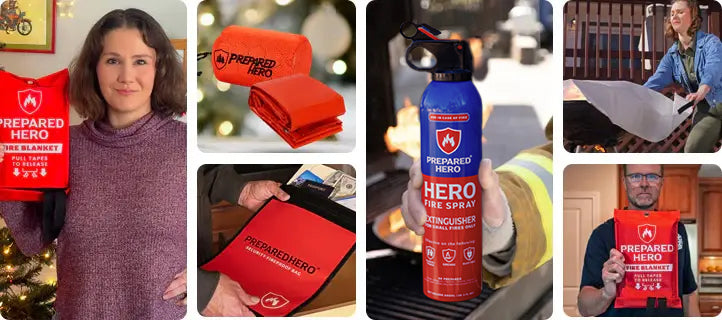Where you put your smoke detectors matters just as much as installing them. Proper placement makes sure they can detect...
Did you know? The death rate in homes with working smoke alarms is 60% lower than those without, according to the NFPA. In this post, we'll talk about how to install, maintain, and test smoke alarms.
Smoke Alarm Installation

If you know how to use a screwdriver, you can install a battery-operated smoke alarm. But if you're using a different type, like a hard-wired smoke alarm, a licensed electrician should install it.
Here's how to install a battery-operated smoke alarm:
Determine the right location.
Make sure that all critical locations— bedrooms, the kitchen, and so on— are covered.
Pro tip: don't place smoke alarms near airy areas and appliances like windows, fans, and air conditioners. Strong air can prevent smoke from reaching the alarm.
Install the mounting bracket.
Hold the bracket in place on the wall or ceiling. Using a pencil, mark the wall or ceiling for the mounting screws. Then, use a drill bit to drill the holes.
Next, tap the plastic anchors into place. Install the brackets with two screws into the said anchors. Use a screwdriver to make sure you don't tighten the screws too much and crack the bracket.
Add batteries.
Gently open the battery door using your fingers. Follow the markings inside and put the batteries in their proper places.
Attach the smoke alarm to the base.
Hold the smoke alarm over the bracket. Then, twist it until it snaps in place. That's it— you're done!
Smoke Alarm Maintenance

Here are the things you should do to maintain your smoke alarm:
Monthly
Test your smoke alarms monthly by pressing the test button until the alarm sounds.
Every Six Months
Check your smoke alarms for dust buildup once every six months.
Annually
You must clean your smoke alarms every year using a vacuum cleaner. Doing this removes dust and other particles that may affect the alarm's performance. In most cases, the battery
should be replaced once every year.
Every Ten Years
All smoke alarms should be replaced every ten years. The date when the alarm will no longer work is found on the base of each alarm.
Smoke Alarm Testing

Here's how to test if your smoke alarm's working:
Let your family members know that you'll be testing the alarm.
A smoke alarm's high-pitched sound might frighten small children and make adults panic. So, let everyone know you plan to test the alarms.
Have others help you test the alarm.
Ask other family members to stand at the farthest point from the alarm. This ensures that the sound can be heard everywhere in your home. You may want to put up more smoke alarms in areas where the sound is muffled or weak.
Press and hold the test button.
It might take a few seconds to start, but a loud, high-pitched sound should come from your alarm when you press the test button. Replace the batteries if there's no sound or if the sound is weak.
Conclusion
Installing smoke alarms helps keep your family safe, but assuming they work all the time can endanger your loved ones. So, install, maintain, and test your smoke alarms properly to keep everyone safe.
Prepare a fire safety kit with a fire spray, fire blanket, smoke mask, and fire protection gloves as an extra precaution. Don't wait until it's too late—secure your kids' safety by getting fire prevention tools from Prepared Hero now!


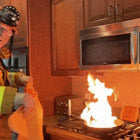 Fire
Fire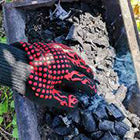 Safety
Safety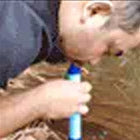 Survival
Survival Protection
Protection New
New
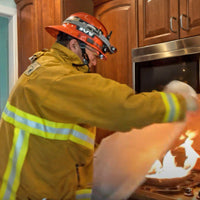 Fire
Fire Safety
Safety Survival
Survival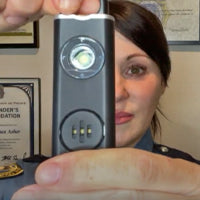 Protection
Protection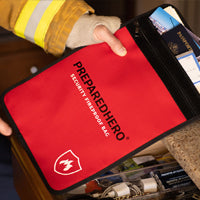 New
New






